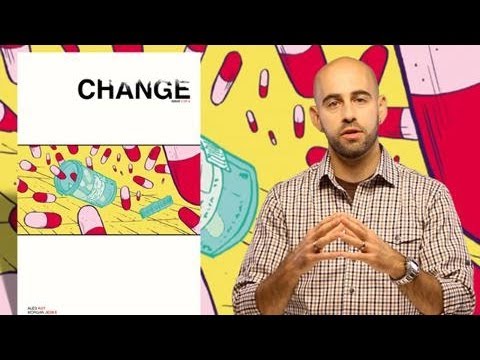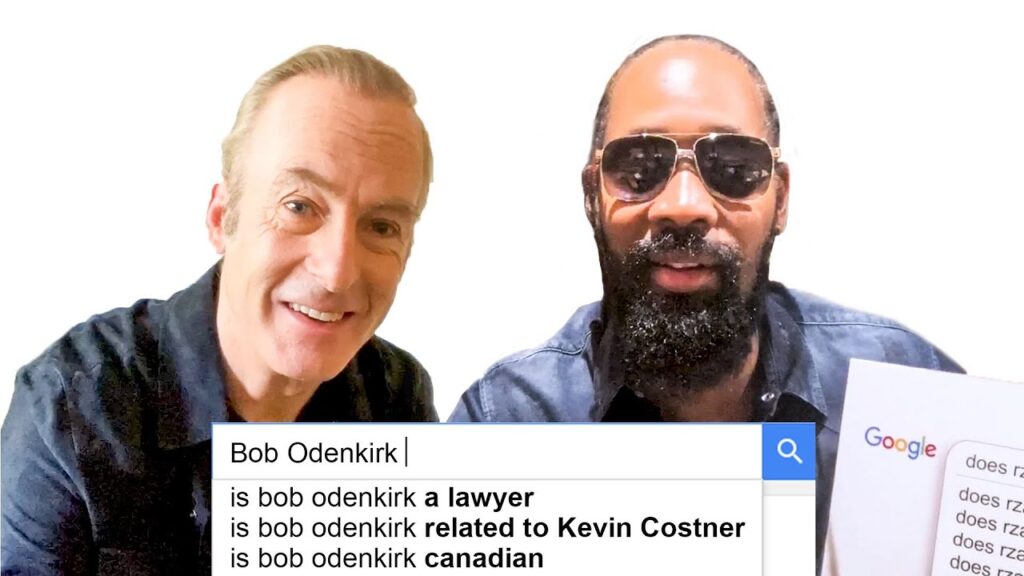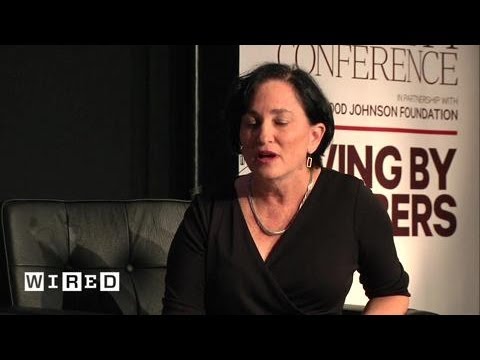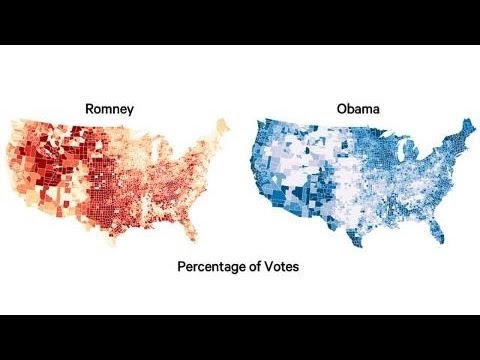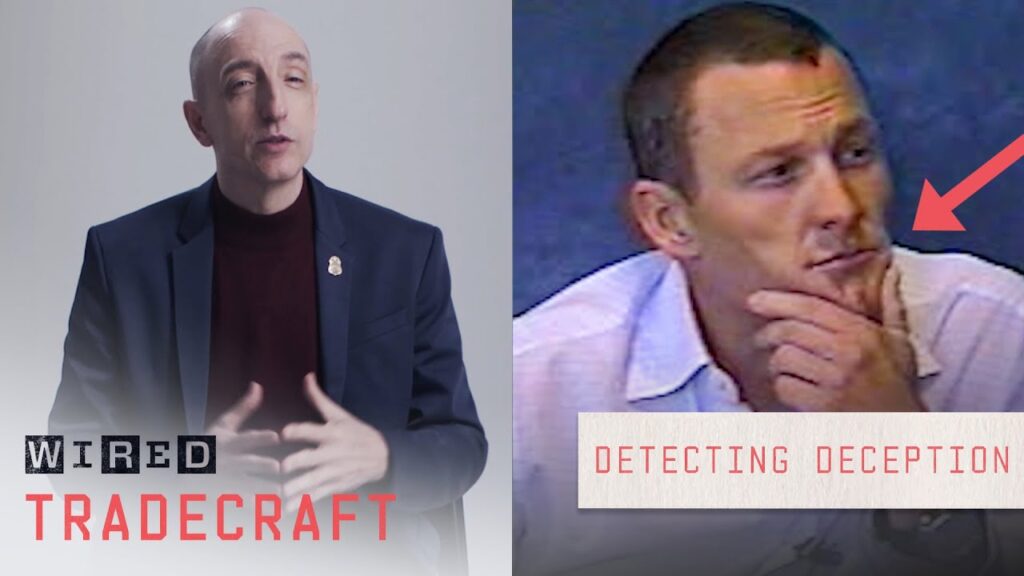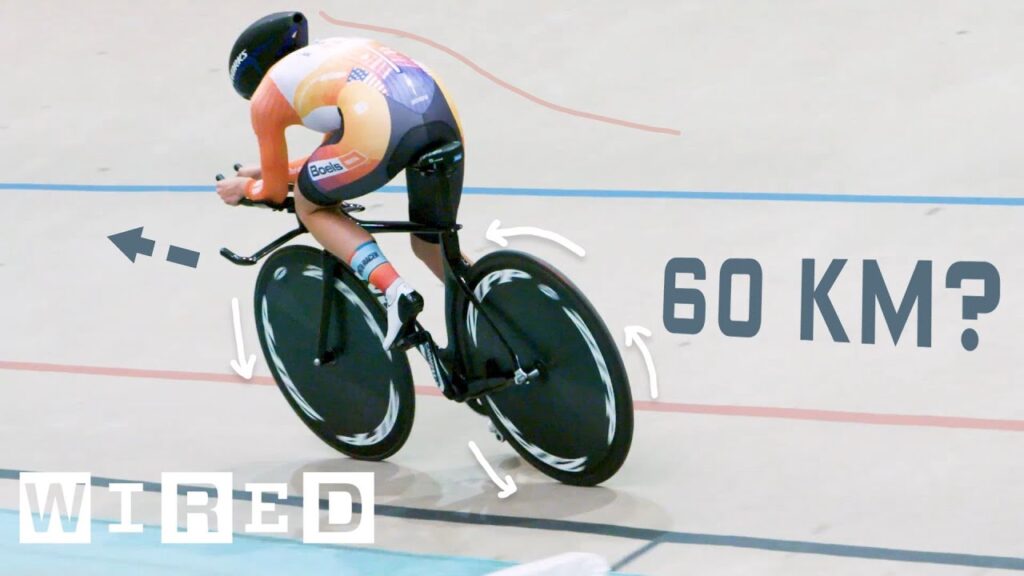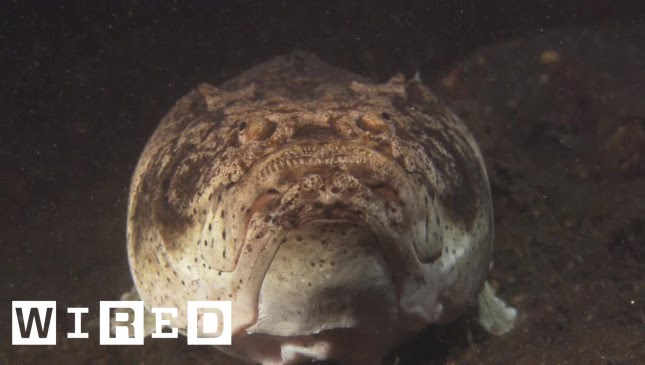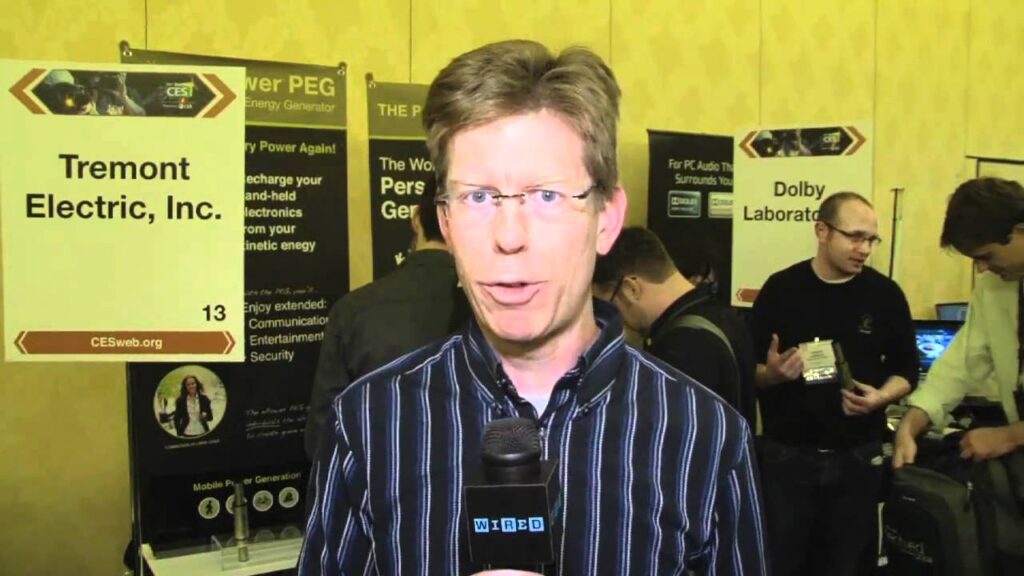Climate Change Q&A with expert Dr. Peter Kalma
Summary
Dr. Peter Kalma, a climate scientist, answers Twitter questions about various topics related to climate change. He explains the complexity of cloud physics and the impact of burning fossil fuels on climate change. He stresses the importance of taking action to reduce greenhouse gas emissions and the necessity of a strong grassroots movement.
Table of Contents
- The potential for humans to live on other planets
- Hurricanes and their relation to hot ocean water
- The role of satellites in studying climate
- The complexity of cloud physics
- The primary cause of climate change
- The impact of climate change on coral reefs and biodiversity
- The carbon cycle and its imbalance
- Alternative energy methods to reduce climate change
- The effect of warmer temperatures and rising sea levels
- The role of individual and direct action
Introduction
As climate change continues to be a topic of concern, Dr. Peter Kalma, a climate scientist, answers several questions related to its effects and causes. From the impact on coral reefs to the complexity of cloud physics, Dr. Kalma offers insights into the science of climate change.
Q&A
The potential for humans to live on other planets
Q: Can we live on other planets if Earth becomes uninhabitable due to climate change?
A: At present, there are no other planets that humans can live on, and even if there were, the likelihood of human survival in such an environment is uncertain. For example, Mars is not suitable for sustaining human life.
Hurricanes and their relation to hot ocean water
Q: How are hurricanes powered, and when do they occur?
A: Hurricanes are powered by hot ocean water and occur during late summer and fall, when the ocean water is at its warmest.
The role of satellites in studying climate
Q: What is the role of satellites in studying climate?
A: Satellites play an indispensable role in studying weather and climate. They provide us with visual images of the climate system, which help us to understand changes in the Earth’s ozone layer, atmospheric temperature, and precipitation patterns.
The complexity of cloud physics
Q: Can you explain cloud physics?
A: Cloud physics is one of the most complex parts of the Earth system, and it is the driving force behind ocean and air currents. Clouds are formed by the process of condensation of water vapor in the atmosphere. Understanding cloud physics is significant in predicting climate change.
The primary cause of climate change
Q: What is the primary cause of climate change?
A: Climate change is primarily caused by burning fossil fuels, which increases the planet’s temperature, leading to climate breakdown. This is due to the excess of carbon dioxide in the atmosphere due to human activity.
The impact of climate change on coral reefs and biodiversity
Q: How is climate change affecting coral reefs and biodiversity?
A: Coral reefs are dying due to ocean heat waves caused by a hotter planet. The biodiversity loss caused by climate change is part of the current mass extinction, which is a significant concern.
The carbon cycle and its imbalance
Q: Can you explain the carbon cycle?
A: Carbon is continuously cycled between various reservoirs, including plants, fossil fuels, and the atmosphere, until recent human activity caused an imbalance. Humans have increased greenhouse gas emissions by burning fossil fuels, causing the planet to heat up.
Alternative energy methods to reduce climate change
Q: What alternative energy methods can we use to reduce climate change?
A: Alternative methods of energy must be implemented to save the planet. There are several options, such as biofuels and battery technologies, although flying planes without fossil fuels remains unfeasible.
The effect of warmer temperatures and rising sea levels
Q: What are the effects of warmer temperatures and rising sea levels?
A: The heating of the atmosphere is causing more violent storms and heavier rainfall due to its ability to hold more water for every degree of temperature increase. Satellite data shows that there has been no net warming in 33 years, even though CO2 is believed to be responsible for heating up the planet. However, the ocean’s heat content is increasing quickly, which could result in between 10 to 50 feet of sea-level rise in Florida by 230.
The role of individual and direct action
Q: What can individuals do to combat climate change?
A: The expert encourages direct action and individual action to reduce emissions from fossil fuels. People can pressure governments and companies to implement renewable energy methods and invest in public transportation.
Conclusion
Dr. Peter Kalma, a climate scientist, shares his expertise and encourages taking responsibility to reduce greenhouse gas emissions to combat climate change. The questions and responses shared during this Q&A give insight into the complexity of climate science and the vital importance of protecting our planet for future generations.
